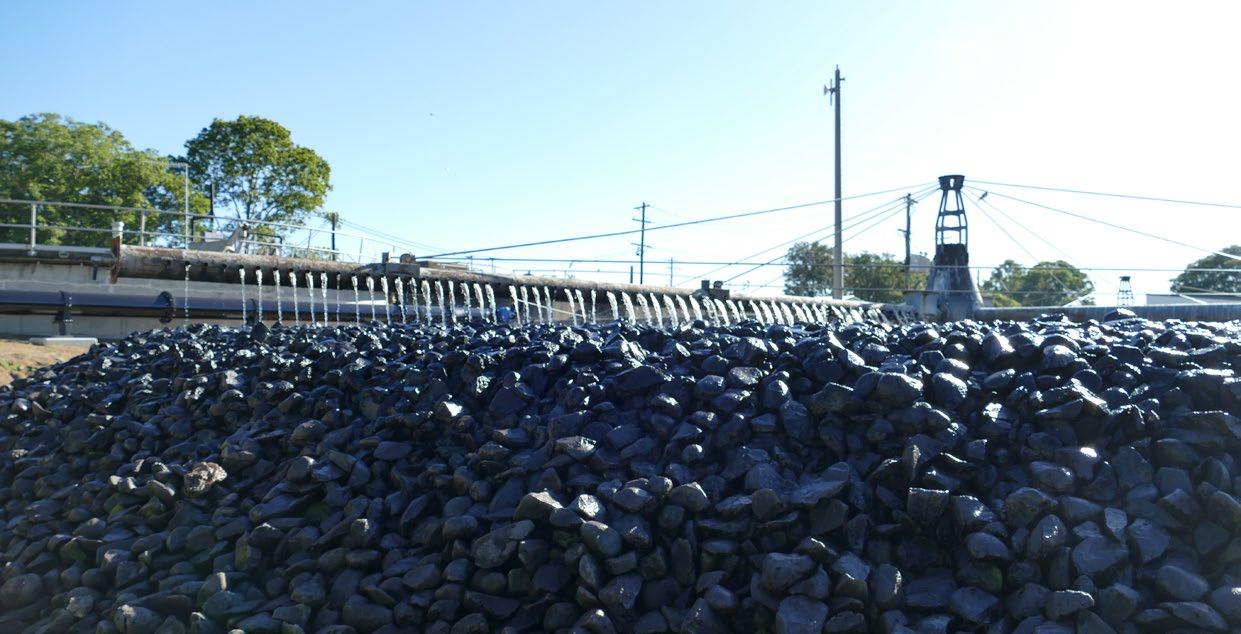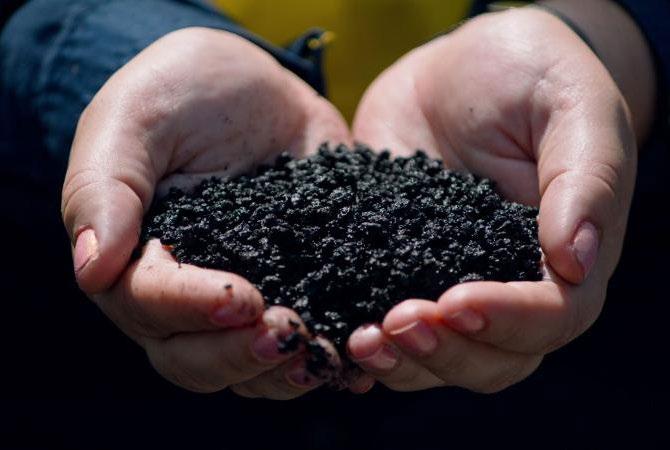
3 minute read
qldwater Consortium for Contaminants for Emerging Concern (qCRAC)
The SWEAP group in 2023 has been focussed on the concerns around the increasing regulatory burden faced by our sector.
In February, following extensive consultation with SWEAP, qldwater finalised a major submission on the Draft PFAS NEMP 3.0, which has the potential to substantially disrupt the use of biosolids in agriculture and otherwise potentially affect sewerage operators should it be adopted unchanged.
Advertisement
The submission affirmed that Queensland urban water sector does not support the Draft PFAS NEMP 3.0 in its current form. The submission makes the following key points:
• The PFAS NEMP is not consistent with the polluter pays principle.
• The regulatory language used in the Draft PFAS NEMP 3.0 gives the urban water sector no confidence that it will not be used in a regulatory capacity.
• There must be a strong and urgent source control response by government for all non-essential PFAS containing products, not just industrial chemicals.
• The urban water sector needs government to prioritise policy that will maximise circular economy opportunities at the least cost and greatest benefit to the community.
• National labelling laws for all imported goods identifying ingredients that belong to the PFAS class of chemicals should be fast tracked as a matter of urgency.
• The Australian government should develop an effective public awareness campaign to help the community make informed decisions about the products they purchase.
It is understood that the NCWG intends to respond each submission on the PFAS NEMP 3.0. Given the large number of submissions that we are aware of, this is likely to take some time.
Draft toxicant guideline values for PFOS in fresh water
The Draft NEMP 3.0 makes specific reference in the table on ecological water quality guideline values to default guideline values (DGV) for PFOS in the Australian and New Zealand Guidelines for Fresh and Marine Water Quality 2018 (ANZG). Those values have been superseded by the recently published draft toxicant guidelines in the ANZG. These include DGV for PFOS in fresh water.
The draft DGV for PFOS that have been released for the 99%, 95%, 90% and 80% species protection are 0.0091 µg/L, 0.48 µg/L, 2.7 µg/L and 17 µg/L, respectively. This represents a substantial increase compared with those published in the PFAS NEMP 3.0, except for the 80% species protection level. This is an important consideration for what may appear in the final version of the PFAS NEMP 3.0.
The Draft DGV are currently out for public review, closing on 17 August 2023.
Recycled water
The most recent meeting of the panel on 4 May featured a presentation by Dr Lynne Powell (Mallee Gum Consulting) on an analysis that she is conducting on behalf of qldwater on recycled water policy and regulatory framework in Queensland.
This piece of work follows on from a discussion paper prepared by qldwater on Aligning Definitions of Recycled Water in Queensland.
That paper was prepared to outline overlapping regulation of recycled water and recommend clarifications as the first step in increasing safe recycling of water from sewers.
The current project includes substantial consultation with urban water industry specialists in Queensland, Victoria and South Australia to understand the regulatory framework for recycled water in Queensland in the national context and identify priorities for the industry to facilitate increased use of this valuable resource.
Through the qldwater Consortium for Research and Advocacy on Emerging Contaminants (qCRAC) , SWEAP continues to actively pursue research collaboration opportunities at a state and national level, through its growing links with Australian research centres undertaking research into COEC relevant to the urban water industry.
Opportunities under investigation include:
• An ARC Linkage application with the Queensland Alliance for Environmental Health Sciences at the University of Queensland (UQ) “Identifying Sources of Emerging Contaminants in Australian Wastewater”
• An ARC Linkage Application with UQ Australian Institute for Bioengineering and Nanotechnology on Magnetic Polymers PFAS Removal,
• A UQ Early Career Researcher grant application for “EC hazard identification in sewage” for completion in 2024, qCRAC has an existing collaborative partnership in the Transforming Biosolids ARC Training Centre, which conducts research into sustainable technologies for biosolids.
This centre is holding its third Annual Symposium at University of Queensland, St Lucia 25-27 September 2023, which will be attended by centre partners and researchers. It promises to be an interesting event.
Logan Water Shines in ABC Documentary
Congratulations to Johanna Johnston and the Logan Water team featuring in a highly informative and entertaining ABC documentary released this month. The Number 2 Solution takes viewers on an exciting and fun journey through the biochar lifecycle at the Loganholme biosolids gasification facility.

Sustainable Solutions Lead Johanna Johnson, is the star of the show, sharing her passion and knowledge on renewables, the circular economy and creating a sustainable future.
Watch it here









